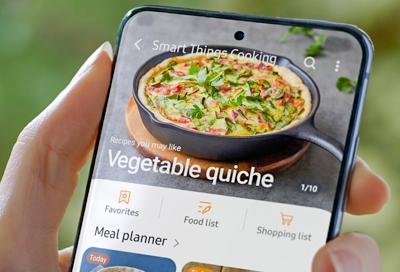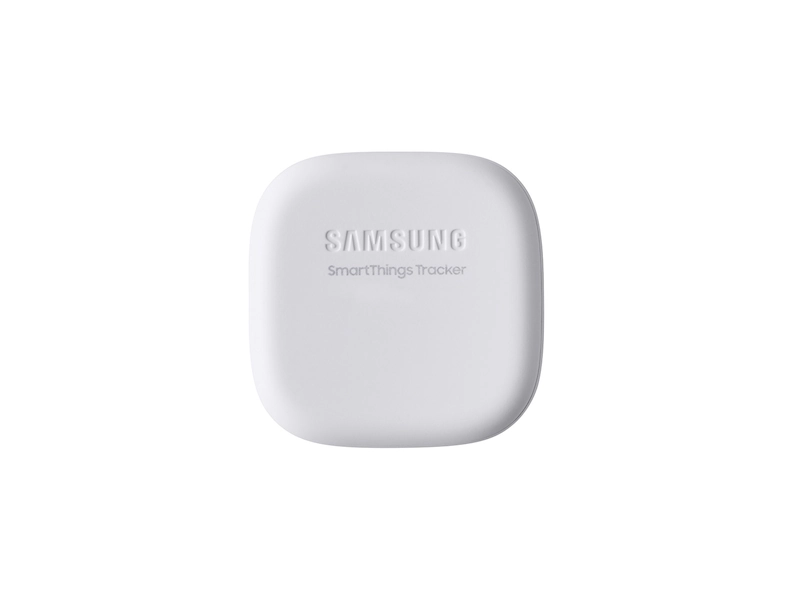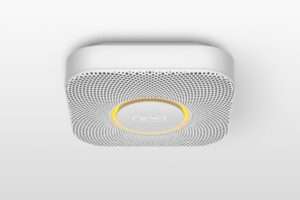Samsung’s SmartThings platform has revolutionized home automation, providing seamless control and integration of various devices. Now, Samsung is expanding its SmartThings ecosystem to include food tracking, offering a convenient and efficient way to manage your pantry and reduce food waste.
Understanding SmartThings Food Tracking
Samsung’s SmartThings Food Tracking feature leverages the power of the internet of things (IoT) to provide real-time insights into your food inventory. By connecting compatible smart devices to your SmartThings hub, you can track the expiration dates of your groceries, receive notifications when items are nearing expiration, and optimize your shopping trips.
Key Features of SmartThings Food Tracking
- Inventory Management: Create a digital inventory of your pantry items, including food items, beverages, and household supplies.
- Expiration Date Tracking: Set expiration dates for each item and receive reminders when they are nearing their end.
- Shopping List Integration: Automatically generate shopping lists based on your pantry inventory, ensuring you only purchase what you need.
- Recipe Integration: Connect with popular recipe apps to plan meals and track the ingredients you have on hand.
- Food Waste Reduction: Minimize food waste by tracking expiration dates and planning meals based on your available ingredients.
- Cost Tracking: Monitor your grocery spending and identify areas where you can save money.
Compatible Devices

To utilize SmartThings Food Tracking, you’ll need a compatible smart device. Samsung offers a range of smart home appliances, including refrigerators, that can be integrated into your SmartThings ecosystem. Additionally, you can connect third-party smart devices, such as smart scales or barcode scanners, to enhance your food tracking experience.
How to Set Up SmartThings Food Tracking
- Create a SmartThings account: If you don’t already have one, create a SmartThings account.
- Add compatible devices: Connect your compatible smart devices to your SmartThings hub.
- Create a food inventory: Manually add items to your pantry inventory or use a barcode scanner to scan product codes.
- Set expiration dates: Input the expiration dates for each item.
- Track and manage: Use the SmartThings app to track expiration dates, receive notifications, and generate shopping lists.
Benefits of SmartThings Food Tracking
- Reduced Food Waste: By tracking expiration dates and planning meals based on your inventory, you can significantly reduce food waste.
- Cost Savings: Avoid unnecessary grocery purchases by knowing what you already have on hand.
- Time Efficiency: Streamline your grocery shopping by generating personalized shopping lists.
- Meal Planning: Use SmartThings Food Tracking to plan meals based on your available ingredients and dietary preferences.
- Sustainability: Reduce your environmental impact by minimizing food waste.
Challenges and Limitations
- Initial Setup: Setting up SmartThings Food Tracking may require some initial effort, especially if you have a large pantry.
- Data Accuracy: The accuracy of your food tracking depends on how accurately you enter expiration dates and manage your inventory.
- Device Compatibility: Ensure that your smart devices are compatible with SmartThings and offer the necessary features for food tracking.
Conclusion
Samsung’s SmartThings Food Tracking offers a convenient and efficient way to manage your pantry and reduce food waste. By leveraging the power of IoT, you can gain valuable insights into your grocery habits, optimize your shopping trips, and make more sustainable choices.
















Add Comment